30 “Wake Up Jacob” by Prince Albert Hunt’s Texas Ramblers
8November 25, 2009 by gadaya
Prince Albert Hunt’s World
One of the finest musicians to emerge from the sleepy locale of Denton, TX (later the home of the eclectic polka band Brave Combo as well as the place where they jailed serial killer Henry Lee Lucas), historic fiddler Prince Albert Hunt packed a lot of significant events into his short lifetime. Many of these happenings were out of his control. He was shot to death outside a bar, putting him in the category of other innovative musicians that met their fates at the end of a gun barrel, including the exciting jazz trumpeter Lee Morgan. Prince Albert’s death happened on the same date as that of guitar inventor Leo Fender, some 60 years later. Prince Albert also is considered an inventor, credited with fiddling up the style of Western swing, and although it is always a mistake to give a solitary individual total credit for a style, the recordings he made for Okeh don’t have a whole lot of company in terms of early sides that predict the Western swing phenomenon.
The Prince Albert style is also called “hot fiddling,” the groups who play it “hot string bands.” It developed in Texas and Oklahoma from the late ’20s onward, a bit like a hungry camper trying to set up a larder in the village grocery, grabbing at blues, ragtime, jazz, and old-time fiddle music as if these traditions were cans of beans, loaves of bread, and packs of wieners pulled off the shelves. It was music meant for dancing, before working up an appetite; it was also music that combined black and white influences to the point where terms such as “racial mongrel” have been used, although some may find this type of language distasteful. “Blues in the Bottle” was one of the great tracks cut by Prince Albert Hunt’s Texas Ramblers, an amalgam of country blues, ragtime, and old-time that was so good that it was no wonder so many later recording artists wanted to take credit for writing it. “Blues in the Bottle” sounded perfectly fresh when recorded by the Lovin’ Spoonful, a great folk-rock band of the ’60s, so it is safe to say that this artist had a long-range influence on the American music scene. Some of his records were released under the name of Harmon Clem & Prince Albert Hunt. Guitarist Clem was a frequent sidekick of the fiddler’s, and although he is certainly obscure, he also can be said to have done much better in the credit department than the third member of the Texas Ramblers, good ol’ “Unknown.” A survey of sides by this group seems a bit like a conversation with a travel agent. The tunes include “Canada Waltz,” the slippery “Houston Slide,” and a pretty oily “Oklahoma Rag.” “Wake Up Jacob” became a fiddle standard, frequently covered through the years, and sometimes known under other titles such as “Wild Horse” and “Wild Horse of Stoney Point.”
The prince of Texas fiddle was born Archie Albert Hunt in an area just south of Dallas. Besides developing his own group, which featured superb interplay between guitar and fiddle, Prince Alpert also played with his Terrell neighbors Oscar and Doc Harper. A television documentary was done on the fiddler in the ’70s by Houston Public Television, bringing to light many interesting aspects of his life. He was sometimes described as a kind of Texas version of the great North Carolina fiddler Charlie Poole, and like Poole, his real specialty was blues music. Both fiddlers may have found fame in different genres than pure blues, but their blues specialty is certainly one of the reasons both Western swing and Appalachian old-time music have such a completely solid blues feeling at their core.
Prince Albert sometimes performed in blackface and had a reputation as an ornery character, to the extent of inspiring hyperbole such as the following excerpt from a Texas music website: “The fiddler who was shot to death at the age of 30 for stealing another man’s wife. He growls through dirty teeth, rolls on the floor, punches his fist through his stovepipe hat, passes out, gets up, falls down, and after every verse kicks up a dance-call with a single down-stroke so fat and sweet you’re ready to hire him to clean up your yard.” If the image of the so-called inventor of Western swing raking one’s yard isn’t bad enough, Prince Albert Hunt has also been mistaken for a can of tobacco, in the case of a country music devotee hustling transcriptions of a ’50s Grand Old Opry production, the Red Foley/Prince Albert Show. Despite claims that the Denton fiddler is present, impossible unless he came back from the dead in some sort of weird collaboration with Henry Lee Lucas, the show’s title is surely a reference to its tobacco company sponsor. ~ Eugene Chadbourne, All Music Guide
-In 1974, a documentary was made about the (short) life of Prince Albert Hunt. You can see it here on the Folkstreams website.
-Prince Albert Hunt recorded twice for the Okeh Company:First in 1928, with three sides recorded and the second time in 1929 with 5 sides recorded. “Blues in a bottle” is in my opinion his best record, one of the finest “White Blues” from this period. “Wake up Jacob” is a version of the classic fiddle tune knowed as”Wild Horse” or “Stony Point”, “Katy on time” is a version of “Casey Jones” and “Waltz of the Roses” a version of Jimmie Rodgers’s “Waiting for a train”.I’ve compiled for you all this sides except for the one record issued under the name of Harmon Clem and Prince Albert Hunt (Okeh 45360:Oklahoma Rag/Canada Waltz). If someone has this record and can digitalize it to share it, it’d be very cool…
The Wild Horse/Stony Point Variations
Once again, Harry Smith choosed a typical fiddle tune, this time one descendant of an Irish reel called “Kelton’s reel” or “Pigtown Fling” and called in the United States by various names, “Stony Point”, ” Wild Horse”, “Old Dad”, “Buck Creek Girls” (There’s many more…) and illustrates the beginning of a style which would later be called “Western Swing”, where the fiddler takes some liberties with the melody and displays variations of the theme. Prince Albert Hunt’s version for example is characterized by a very unusal B part while he stays close to the original theme of the A part.
-For more details on this fiddle tune, you can check the Fiddler’s Companion website
– I compiled 20 examples of different versions of the tune, from string bands of the 78rpm records period to more contemporary musicians. The fiddle is prominent here but you’ll hear also banjo, mandolin, guitar, dobro or hammered dulcimer versions. Enjoy!
- Wild Horse Kessinger Brothers Kessinger Brothers Vol. 1 1928 – 1929
- Old Dad Da Costa Woltz’s Southern Broadcasters Da Costa Woltz’s Southern Broadcasters
- Pigtown Fling Pete Seeger Banks of Marble and Other Songs
- Wild Horses At Stoney Point Dan Levenson Barenaked Banjos
- Wild Horse Charlie Poole & The North Carolina Ramblers Charlie Poole with The North Carolina Ramblers
- The Wild Horse Frank Hutchison Complete Works Volume One

- Wild Horse Stacy Phillips From the Inside
- Stony Point Jim Taylor The Civil War Collection
- Wild Horse J.P. Fraley Maysville
- Stoney Point Lyman Enloe Fiddle Tunes I Recall
- Stoney Point The Bray Brothers Prairie Bluegrass
- Old Dad Melvin Wine Cold Frosty Morning
- Stoney Point Nile Wilson Tiehacker Hoedown
- Nigger In The Woodpile The Skillet-Lickers The Skillet-Lickers Vol. 4 (1929-1930)
- Pigtown Fling Stefan Grossman Yazoo Basin Boogie
- Hop Skip Squirrel Gene Goforth Emminence Breakdown
- Buck Creek Girls The New Lost City Ramblers There Ain’t No Way Out
- Pigtown Fling The Trail Band Immigrant Dreams
- Old Dad Rafe Stefanini Ladies Fancy
- Wild Horse Emma Lee Dickerson Digital Library of Appalachia


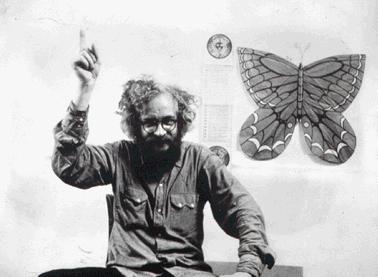







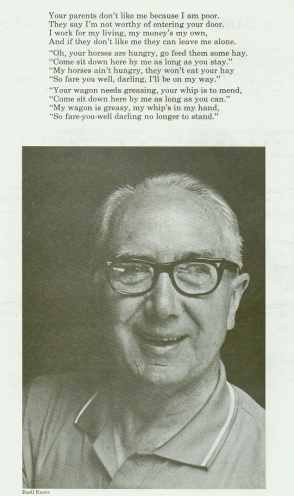
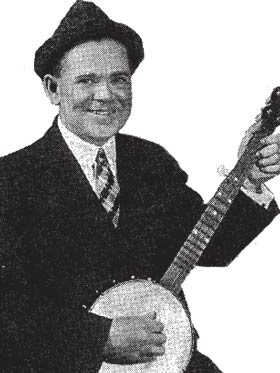
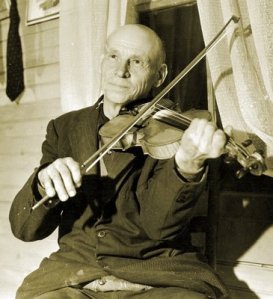


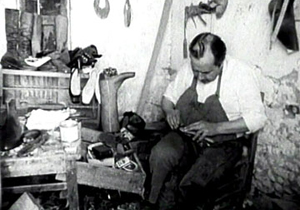
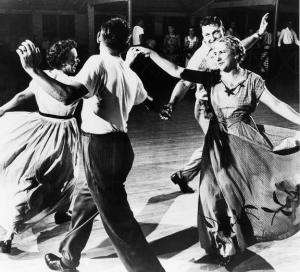




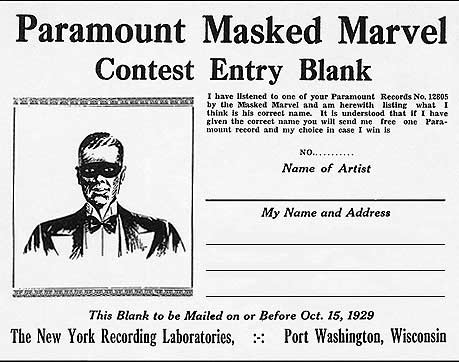

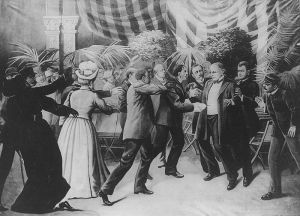





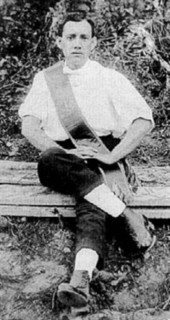
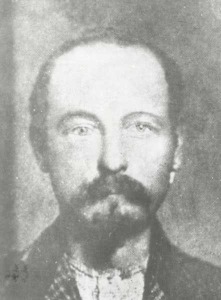
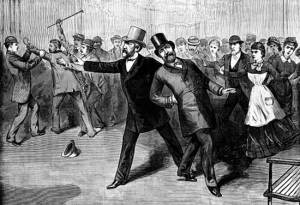
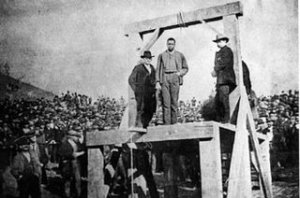
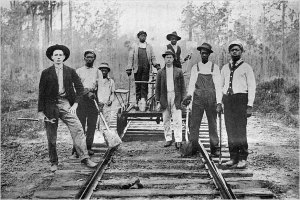







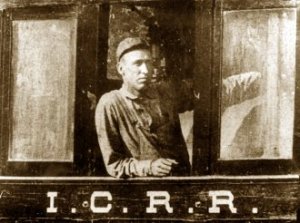





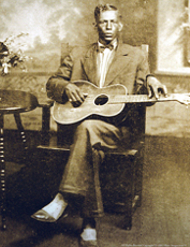
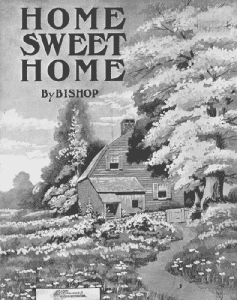



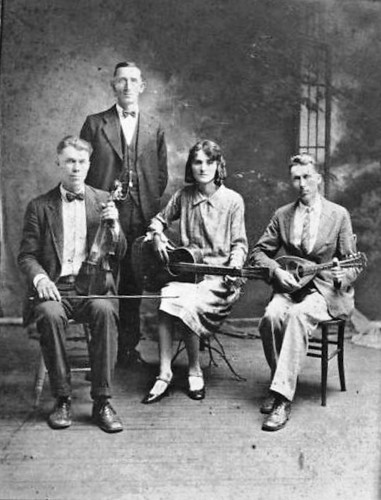




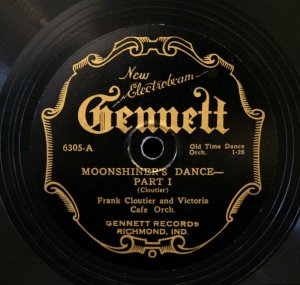











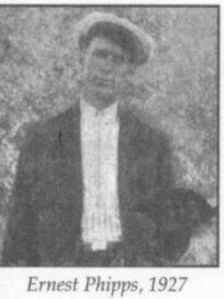






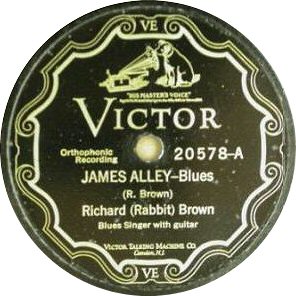
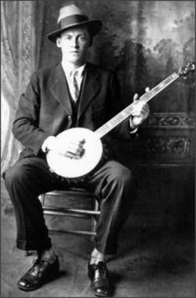


I confess, I’ve never seen Charlie Poole referred to as a fiddler before. Is that a typo? Pretty sure most of his sides feature Posey Rorer on the fiddle. Great banjo player, yes; fiddler, don’t believe so.
You’re right, Charlie Poole is the banjo player and Posey Rorer is on the fiddle on this side….
This particular file seems to have a faulty file name that prevents me from opening it. Love your site, enjoying all the great music.
Like the previous commenter, I could not open this file because the subsidiary filenames contained a colon
(that is, “Wild Horse:Stony Point…”) — if you could somehow rename the files and take the colon out and repost, we would be able to unzip the files. Thanks for all you are doing!
I was pleasantly surprised when I found your site today. I was just playing with Stumbleupon and I came across your page! Awesome blog you have here!
Thanks for the profile on PA Hunt. I am a relative and I just wanted to correct the part that suggests that he was from Denton, TX. As suggested in a different part of your piece, he was actually from Terrell, TX.
I have a nice compilation of his songs and they still hold up to a lot sounds that are being invented today.
I have a tape of a concert performance by the Stanley Brothers, dated July 6, 1957. On the show, Ralph Stanley performed an instrumental called “Wild Horse.” A year later, in August of 1958, the Stanleys recorded it for Starday. Because it was intended to be the flip side of the seasonal “Christmas is Near,” the title was changed to “Reindeer.” But, when the 45rpm was released, it was changed again to “Holiday Pickin’.” I suspect that Ralph arranged this tune from traditional sources, but… it doesn’t sound like the old-time versions (ie, Charlie Poole, etc) that I’ve heard of “Wild Horse.” The Stoneman Family recorded a similar tune, also for Starday, in 1962 called “Lonesome Banjo.” Just curious if anyone has any thoughts on the similiarities — or not — of the Stanleys’ “Holiday Pickin'” and older versions of “Wild Horse,” “Stony Point,” etc. Thanks!!
It’s amazing to go to see this site and reading the views of all colleagues on the topic of this piece of writing, while I am also keen of getting experience.